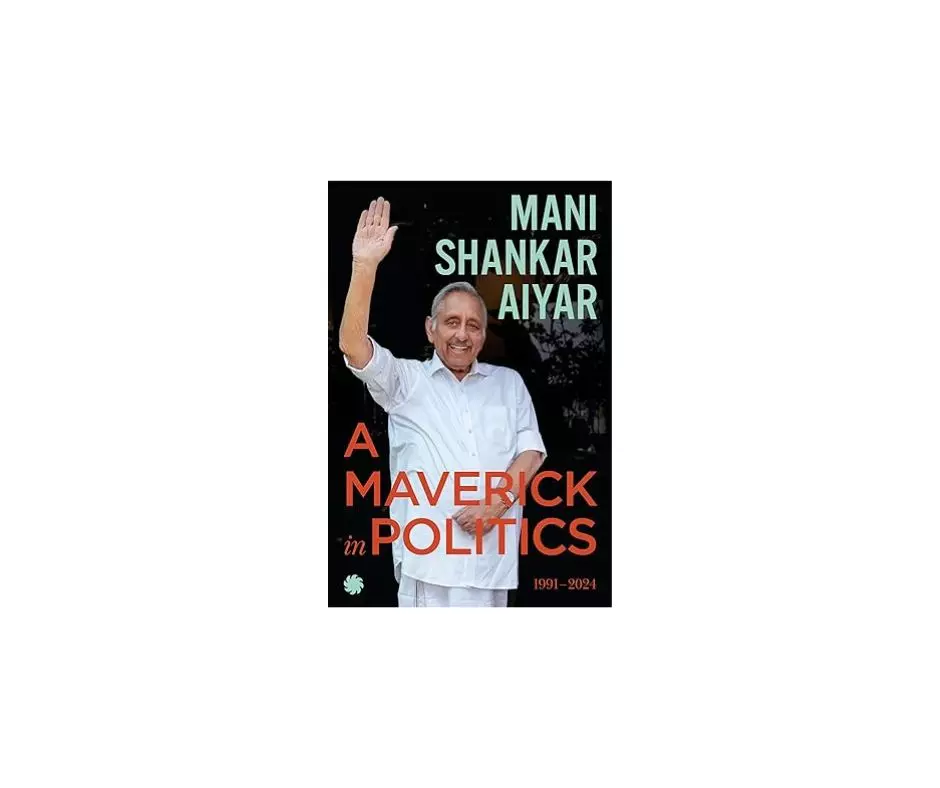Book Review | A true-grit politician of ideas

The word, ‘maverick’, does not really describe Mani Shankar Aiyar in his political avatar. He got into politics because he felt that he needed to contribute to public good. There is more than a hint of commitment. And he fought elections — yes, he had been nominated to Rajya Sabha as well, the last time in the Nominated Members category — lost, won, won and denied ticket. His Lok Sabha election victories and defeats in Mayiladuturai show him to be a true grit politician. Yes, there was support from the Tamil Nadu political icons, Jayalalithaa and M.K. Karunanidhi, but they recognised that he had a voter-base of his own as well. Perhaps he is one of the few Cambridge-educated persons to have contested a Lok Sabha poll with his heart and soul. At the same time, he was a politician with ideas, call them pet ideas if you will. He was committed to Panchayati Raj Institution (PRI) and better relations with Pakistan. The third issue was secularism. He calls himself a “secular fundamentalist” with justifiable stoicism. And he showcases this in a revealing anecdote. He writes: “I also felt that Rahul found my personal atheism and my secular fundamentalism sat ill with his own deep interest in Hindu philosophy and mythology, on which he had shared his views with me at a two-hour long one-on-one meeting eventually set up at his initiative in March 2022. He had carefully steered the conversation away from any discussion about my role in the party or my future in politics to a discourse on matters spiritual. I was later told by a close aide of Rahul’s that while the party was prepared to go along with my views on Panchayati Raj and even Palestine, they could not accept my line on secularism and Pakistan.” (p. 318)
Many ostensible politicians would consider Aiyar as a non-politician. But he has proved through his hard-fought electoral battles in Mayiladuthurai that he was no a greenhorn. He fought the elections and pursued his ideas and concepts of policy as a politician ought to, something the others who pride themselves as politicians have no notion of.
There is a surprise revelation in Aiyar’s narrative that should make the professional political journalists sit up. During his all-too-brief interlude in the All-India Trinamul Congress, Aiyar writes, “I also had her [Mamata Banerjee’s] authority to offer him the prime ministership if, as I anticipated, confusion were to overtake the country again… After listening to me patiently, he shook his head and almost mournfully replied, ‘This country will never accept a Sikh Prime Minister’.” Later in the same paragraph, he writes, “Of course, the people of India did, only a few years later, hail Dr Manmohan Singh’s premiership… His being a Sikh was neither here nor there!” (p. 99)
The underlying tone of Aiyar’s book is that of a detached observer, who notes the highs and lows, his quite a few faux pas, which included him wishing Sonia Gandhi Merry Christmas, and she telling him that she was not a Christian. About the time he bowed to Atal Behari Vajpayee “to touch his feet, and seek his blessings” after he was sworn in as MP, he writes, “When I straightened up, I saw the look of strong disapproval that passed like a shadow over the Congress president’s face. Still, I was taken aback when Rahul Gandhi dropped in on me at my office immediately after the session and, perhaps, jocularly, inquired whether I had joined the BJP.” (p. 153) He looks back at his political career like a Roman patrician in a stoic manner.
A Maverick in Politics: 1991-2024
By Mani Shankar Aiyar
Juggernaut
pp. 410; Rs 899

